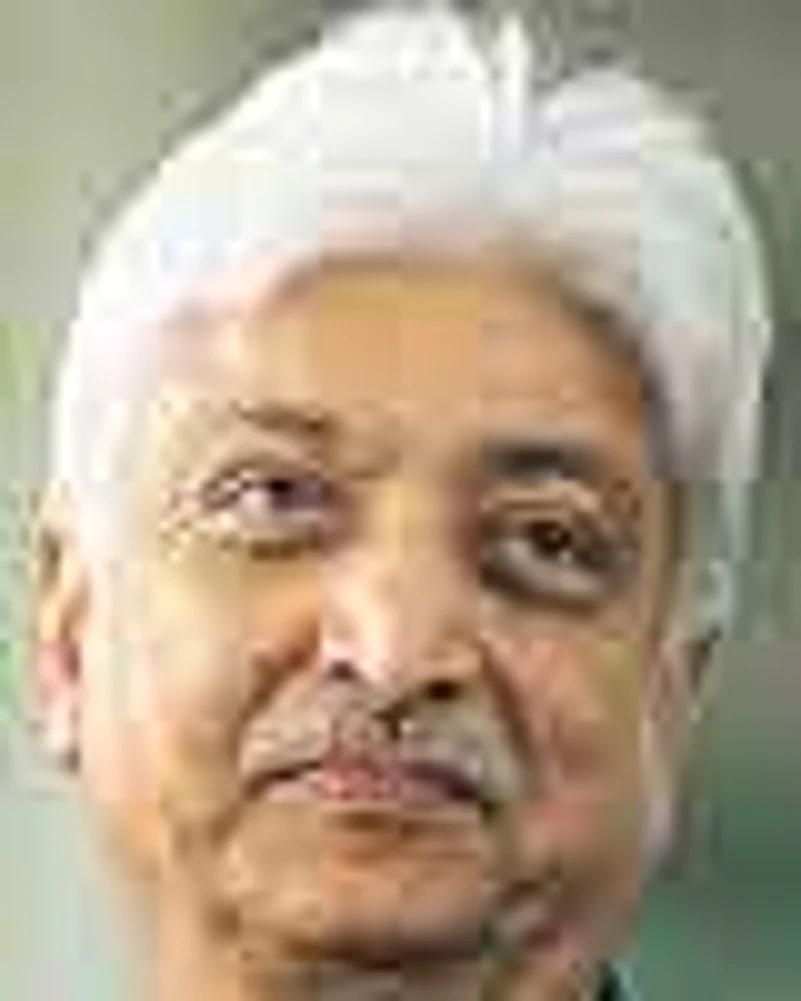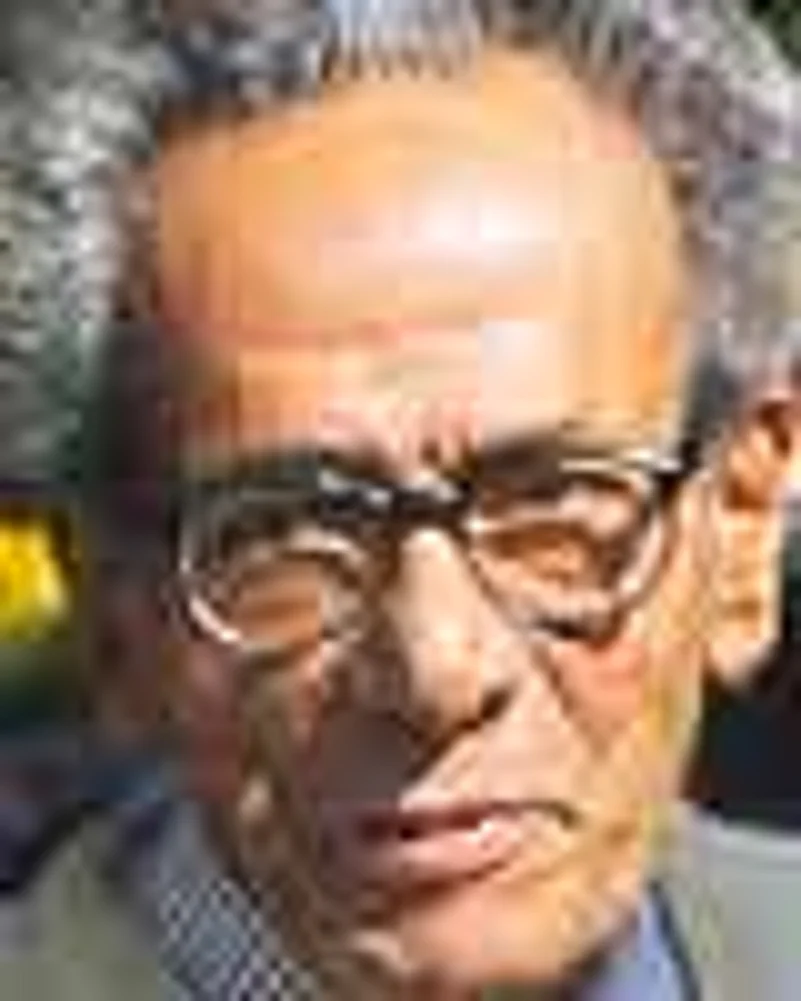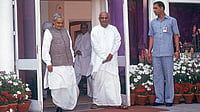





It has made the liberals temporarily happy. But what happens when there is yet another regime change, let’s say, with the BJP returning to power? Would Dr Joshi’s books be brought back? Would education be re-saffronised? Will there be a new education policy, new curricula, syllabi and textbooks each time there is a change of guard at the Centre?
Officials in the HRD ministry contend that the new minister, Arjun Singh, has answered most of these crucial questions by reconstituting the supreme federal body on educational matters—the Central Advisory Board of Education (CABE). Besides appointing members of parliament and heads of several institutions in CABE, the government has also nominated 32 eminent personalities, including industrialists like Azim Premji of Wipro and Kiran Shaw Mazumdar of Biocon, on its board. This has been done ostensibly to ensure that CABE has an autonomous structure and will view eduction with objectivity. But will this insulate education from the politics of the day?
Some experts feel that CABE doesn’t have enough powers. JNU professor Kumkum Roy, who was the force behind a PIL against the Joshi-era NCERT textbooks for their distortion of facts, points to certain infirmities. She recalls that the Supreme Court, while disposing of the PIL, had noted that the government need not consult CABE on changes in curriculum as it is not a statutory body. Says Roy: "I welcome the reconstitution of CABE. But it has to have more autonomy so that individuals cannot tamper with the education system in accordance with their ideological beliefs."
There are other sceptics too. Eminent educationist Anil Sadgopal believes the new, improved CABE too cannot be insulated from politics. "CABE may have professionals but it is primarily a body where politicians have a presence. What we need to do is to set up an education commission that gives direction on issues ranging from primary education, textbooks and professional education," he says.
But CABE member Kiran Karnik, director, NASSCOM, feels this can accomplished by a fortified, sanitised avatar of CABE. Says Karnik: "The one thing I would like to see is the strengthening of democratic institutions, particularly in education, so that political interference is not allowed.This way we won’t have a new set of books with every change of government.Also, CABE has to be an active, professional body, not an unwieldy structure where nothing ever happens."
Karnik could well be speaking for a number of CABE nominees who feel that the task is far more complex than just getting rid of Dr Joshi’s textbooks. According to singer Shubha Mudgal, who is part of CABE now, there has to be a constant evolution in the way education policy is conceived and executed. "Changes in a crucial sector like education have to be well thought out and discussed by an independent body of scholars. A body like CABE, for instance, should have the kind of constitutional and legal safeguards that are necessary to keep politics at bay. Independent, professional opinions should guide the development of educational policy and change of textbooks if necessary, not narrow-minded political interests," she says.
Wipro chairman Azim Premji, who has been nominated to CABE, told Outlook the task before the institution is to sharpen the focus on education. "Quality of education is fundamental for India to achieve a sustained growth rate. As far as changes in curricula, syllabi and textbooks are concerned, we should stick to a policy that will be widely accepted and has been evolved through consensus. Curricular reforms should define and deliver the education envisaged in the National Policy for Education," he points out.
While the government has tabled the notification to reconstitute the CABE, most of its members are yet to be officially told. For instance, theatreperson Habib Tanveer has not received any official intimation, but he says, "I would like to see education being more work-oriented than job-oriented in our country so that people can find meaningful employment in their own habitat. They should be scholarly exchange on issues like curriculum and textbook changes," he says. The newly appointed chairperson of the National Book Trust and JNU historian Bipan Chandra, whose textbook was scrapped by the Joshi regime, feels that the government has to tread very carefully on textbook writing. "You need dedicated professionals to deal with such issues. We need a strong and independent body that does not allow political interests to mess around in an area like education," he says.
The only way to ensure that the system does not suffer from another round of politically motivated changes is by giving the CABE more teeth. Its reconstitution is just the first step.
by Poornima Joshi with Sugata Srinivasaraju


























